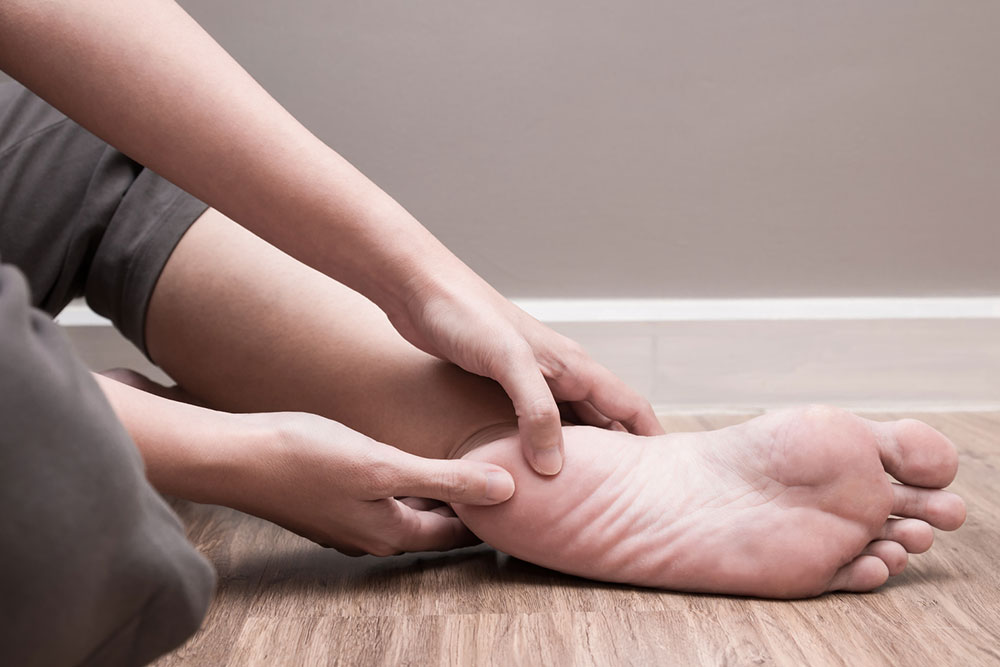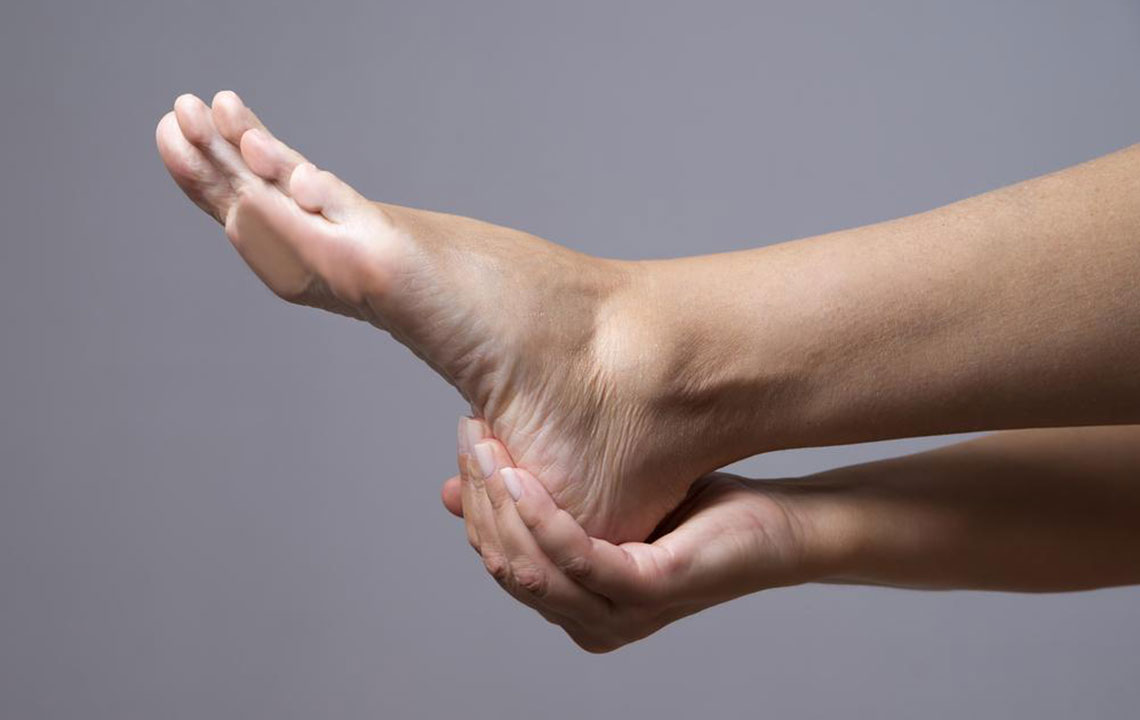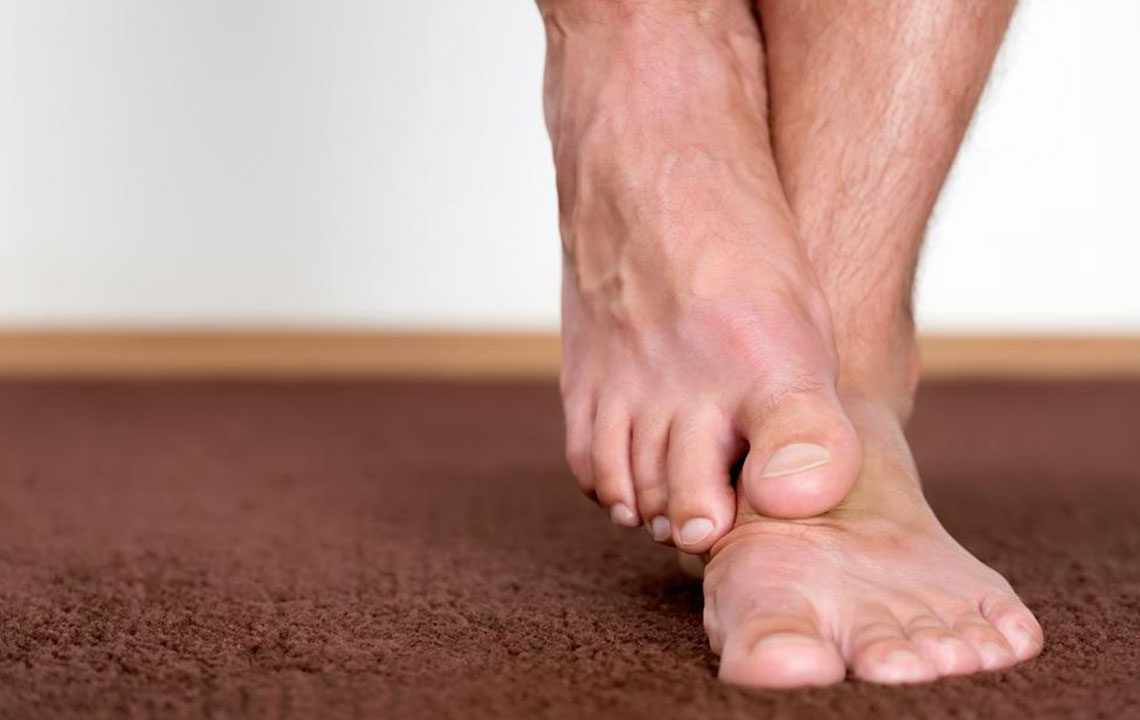Effective Strategies for Managing Foot Nerve Pain
Discover comprehensive approaches to managing foot nerve pain, including diagnostic procedures, root cause treatment, surgical options, and effective home remedies. Early diagnosis and targeted therapies can prevent further nerve damage and improve quality of life for affected individuals.

Effective Strategies for Managing Foot Nerve Pain
Peripheral nerve damage leads to neuropathy, causing intense discomfort, numbness, and weakness primarily in the feet and hands, but it can affect other areas as well. When diagnosed, a neurologist will review your health history and perform examinations to identify signs like slowed reflexes and muscle loss. Blood and urine tests may be needed to uncover underlying causes. Diagnosis involves nerve conduction studies and electromyography to evaluate nerve and muscle function. Identifying the root cause, such as vitamin deficiency or alcohol use, is vital for targeted treatment. Early intervention can prevent irreversible nerve damage, although some therapies only halt progression rather than reverse existing harm.
Diagnostic Tests for Foot Neuropathy
Nerve conduction velocity and electromyogram assessments are crucial in pinpointing nerve dysfunction. Additional tests like nerve and muscle biopsies help determine the specific cause and type of neuropathy. For suspected inflammation or infections, lumbar punctures may be performed. If there's a family history, doctors may review genetic factors that could contribute.
Treating the Root Cause
Addressing the underlying reason for nerve damage is key in prognosis. Nutritional deficiencies might require vitamin replenishment, while alcohol-induced nerve issues improve upon cessation. Prompt diagnosis and early treatment are essential because nerve regenerative capacity declines rapidly if left untreated. Medications and therapies aim to prevent further damage; reversing existing nerve injury often requires comprehensive therapy, including physical rehabilitation to restore strength and reduce spasms.
Possible Surgical Interventions
When nerve compression or trauma causes severe damage, surgery might be necessary. Support devices like wheelchairs, walkers, or canes are often recommended. Medications can help manage persistent foot pain and improve quality of life.
Home Remedies and Lifestyle Adjustments
Beyond medications, home care plays a crucial role. Natural pain relief methods can boost your body's own painkillers. Regular physical activity, like daily walking, promotes blood flow, encourages nerve health, and releases endorphins that alleviate pain. Proper foot care—daily inspection, wearing comfortable shoes, and consulting podiatrists—can prevent injuries and infections. Warm baths improve circulation and reduce stress. Additional strategies include limiting alcohol intake, ensuring quality sleep, applying topical capsaicin, using lidocaine, botanical oils, and practicing relaxation techniques such as meditation. These complementary measures support medical treatments in managing foot neuropathy effectively.










